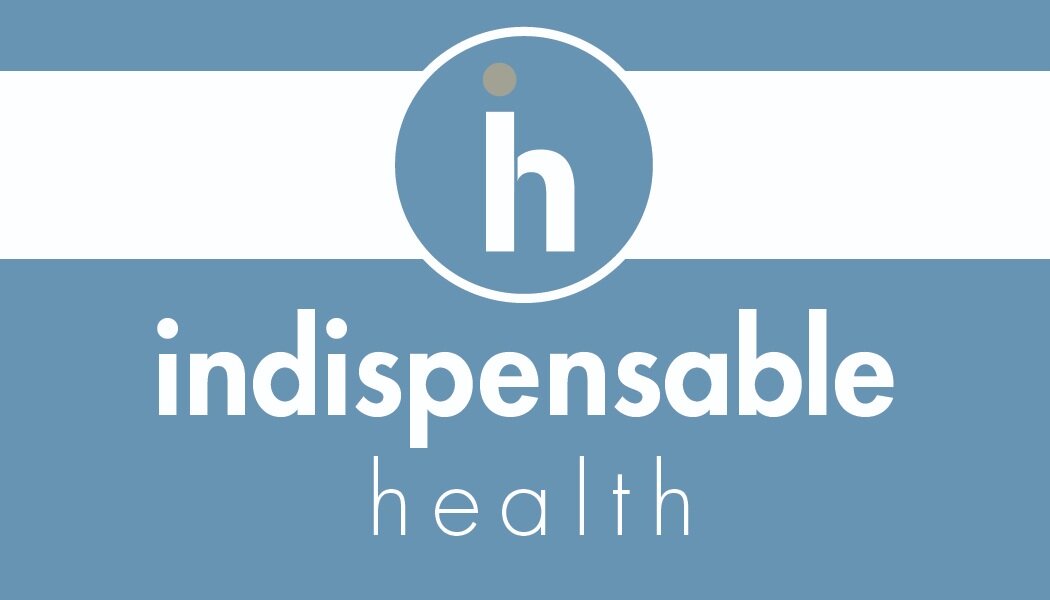Tips and Tricks for GERD Awareness Week
Managing GERD Symptoms Throughout Thanksgiving & The Holiday Season
How To Manage GERD Symptoms During Holiday Meals
Thanksgiving is a holiday where most Americans gather with family and friends while indulging in delicious food. For about 20% of Americans however, they may experience GERD, Gastroesophageal Reflux Disease, a chronic acid reflux condition. Those with GERD often feel heartburn, experience regurgitation of food, or difficulty swallowing when they eat. In preparation for Thanksgiving Dinner, and other large holiday meals, we have some tips for those with GERD manage their acid reflux symptoms so they can enjoy their holiday meals while avoiding troublesome symptoms.
Foods That Trigger GERD Symptoms
Everyone has different food triggers, but there are some foods that commonly cause problems for people with GERD and acid reflux.
Common GERD Trigger Foods:
Cheese
Chocolate
Peppermint
Citrus Fruits & Products
Fatty Meats (Bacon, Sausage)
Fatty, Greasy, Processed, and Spicy Foods
Alcohol, Caffeine, and Carbonated Beverages
Chili Powder & Black, Cayenne, and White Pepper
Avoid Eating GERD Triggering Foods During Thanksgiving:
Garlic & Onions
Spicy Sausage Stuffing
Creamy Sauces, Butter, and Gravy
Fried Foods (Fried Onions on Green Bean Casserole)
Cranberry Sauce (acidy is the problem, and there’s more when orange is added)
Avoid adding too many Tomatoes or Vinegar Salad Dressing on a salad
Thanksgiving Foods That’re Good for GERD
White Meat Turkey
Plain Potatoes or Sweet Potatoes
Leafy Greens and Plain Vegetables
Bread or Rolls - Whole Grain if Possible
Avoid trigger foods & eating foods that minimize GERD’s symptoms will help. If turning down a trigger food is not an option, LIMIT PORTION SIZES OF TRIGGER FOODS to decrease irritation that can result from eating them.
Eating in Moderation is KEY to Minimize GERD & Acid Reflux Symptoms whether Consuming GERD Friendly Foods AND Trigger Foods
How To Relieve Symptom Flare Ups From GERD or Acid Reflux?
Simple Tricks to Relieve GERD & Acid Reflux Symptoms
SIP ON WATER
Slowing Drinking Water May Help Dilute Stomach Acid
AVOID LAYING DOWN
Being in a Horizontal Position Aggravates Acid Reflux, try Going for a Walk Instead to Help Digest the Meal
WEAR SOMETHING LOOSE
Clothes that fit tightly around the waist can add pressure to the bottom of the esophagus (esophageal sphincter) and the stomach, aggravating GERD or acid reflux symptoms
Over The Counter (OTC) Medications for GERD & Acid Reflux Relief
Antacids, such as TUMS, Neutralize Stomach Acid
Antacids are great options for symptoms that come out of the blue and quick relief is needed. However, using some of these medications too often may cause diarrhea or kidney problems (4)
H2 Antagonists, Pepcid or Zantac (famotidine), Decrease Acid Production in the Stomach
H2 Antagonists take a little longer to start working than antacids, so Pepcid or Zantac should be taken up to an hour before a meal. These medications serve as a good Preventative Measure before enjoying a delicious Thanksgiving meal.
Proton Pump Inhibitors, Prevacid 24 HR or Prilosec OTC, Block Acid Long Enough for Damaged Esophagus to Heal
Proton Pump Inhibitors are stronger acid blockers than H2 Antagonists and they also allow time for damaged esophagus tissue to heal. H2 Antagonists and Proton Pump Inhibitors are also available at prescription strength.
BEFORE STARTING ANY MEDICATION ALWAYS SPEAK WITH A PHARMACIST OR DOCTOR
Prior to picking up NEW medications examine the bottle to ensure it’s safe and right for your needs. If needed, ask a Pharmacist for assistance selecting the right OTC medication for GERD and Acid Reflux symptom relief.
For those experiencing GERD or Acid Reflux Symptoms MORE THAN TWICE WEEKLY, despite using OTC medications and still have trouble controlling symptoms, it may be appropriate to see a doctor for a proper diagnosis and treatment plan that suits you.
We Hope These Tips & Tricks for Managing GERD and Acid Reflux Symptoms Help Everyone




